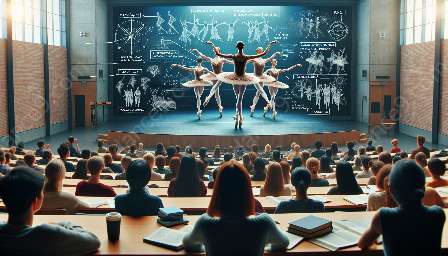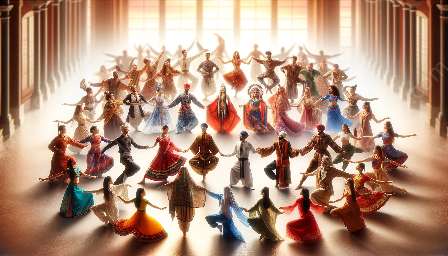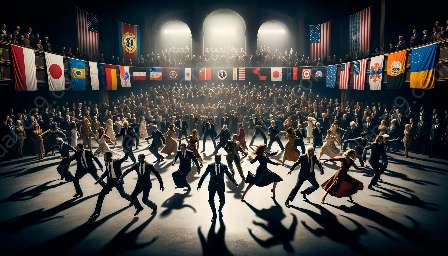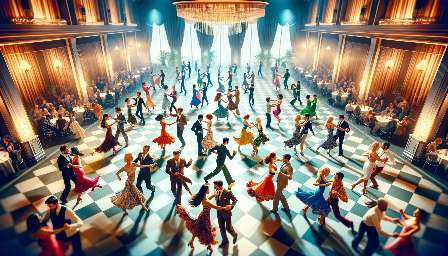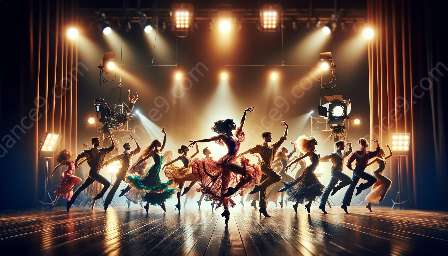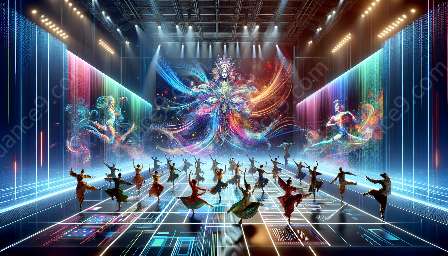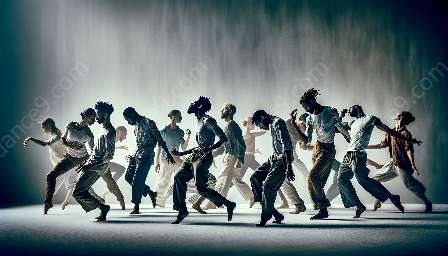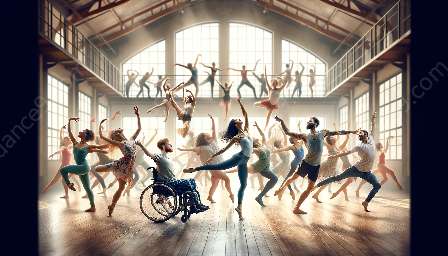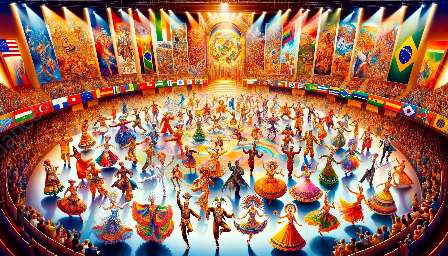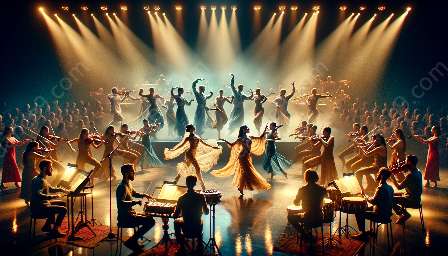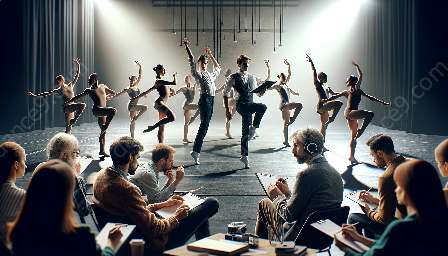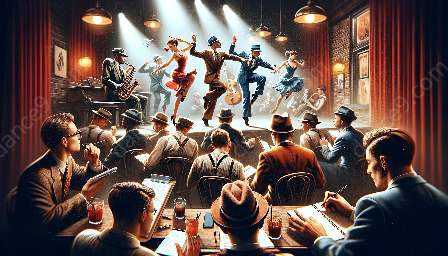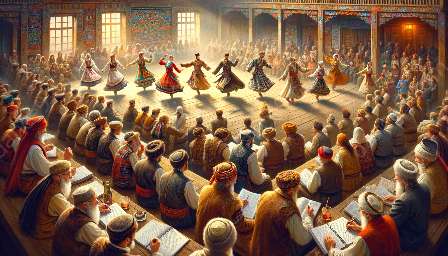Social dances have been a part of human culture for centuries, providing not only physical exercise and entertainment but also numerous psychological benefits. This article explores the psychological benefits of participating in social dances and examines the connection between social dances, dance theory, and criticism.
1. Social Connection and Community
One of the most significant psychological benefits of participating in social dances is the sense of social connection and community it fosters. As individuals come together to dance, they form bonds and establish interpersonal connections, creating a supportive and inclusive community.
2. Stress Reduction and Emotional Well-Being
Engaging in social dances can also contribute to stress reduction and improved emotional well-being. The combination of physical activity, rhythmic movement, and music can elevate mood, reduce anxiety, and enhance overall mental health.
3. Self-Expression and Creativity
Social dances provide a platform for self-expression and creativity, allowing individuals to communicate emotions and feelings through movement and interaction. This creative outlet can lead to increased self-confidence and a sense of personal accomplishment.
4. Cognitive Stimulation and Memory Enhancement
Participating in social dances requires individuals to learn and remember specific steps, patterns, and sequences, providing cognitive stimulation and memory enhancement. This mental exercise can contribute to improved cognitive function and brain health.
5. Physical Fitness and Body Image
In addition to the psychological benefits, social dances offer the advantages of physical fitness and positive body image. Regular participation in social dances can improve cardiovascular health, stamina, and flexibility, leading to an overall sense of well-being and body confidence.
The Connection to Dance Theory and Criticism
The psychological benefits of social dances are intricately connected to dance theory and criticism. Through the lens of dance theory, scholars and practitioners examine the cognitive, emotional, and social impact of dance movements and interactions. Critics analyze the psychological nuances of social dances, shedding light on their cultural significance and psychological implications.
By understanding the psychological benefits of social dances and their integration with dance theory and criticism, individuals can appreciate the depth and complexity of this art form while reaping the personal rewards of improved mental well-being and social connections.

